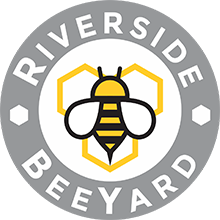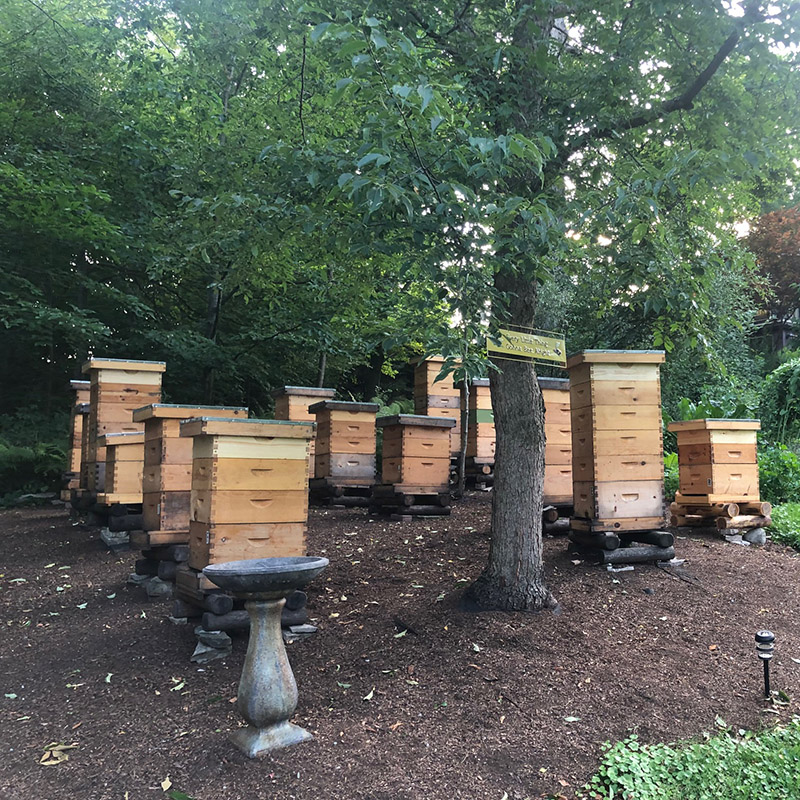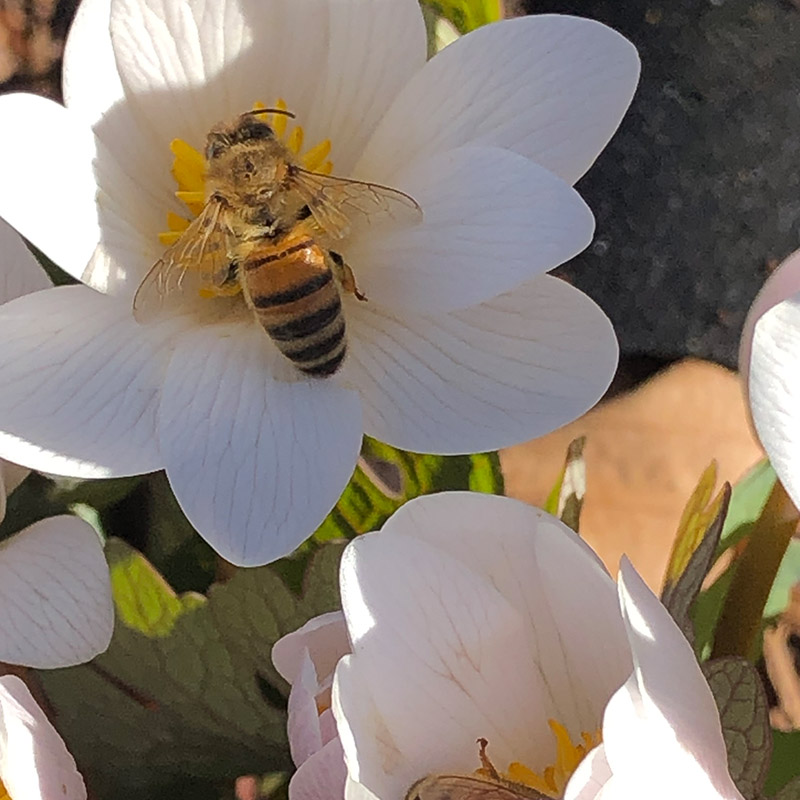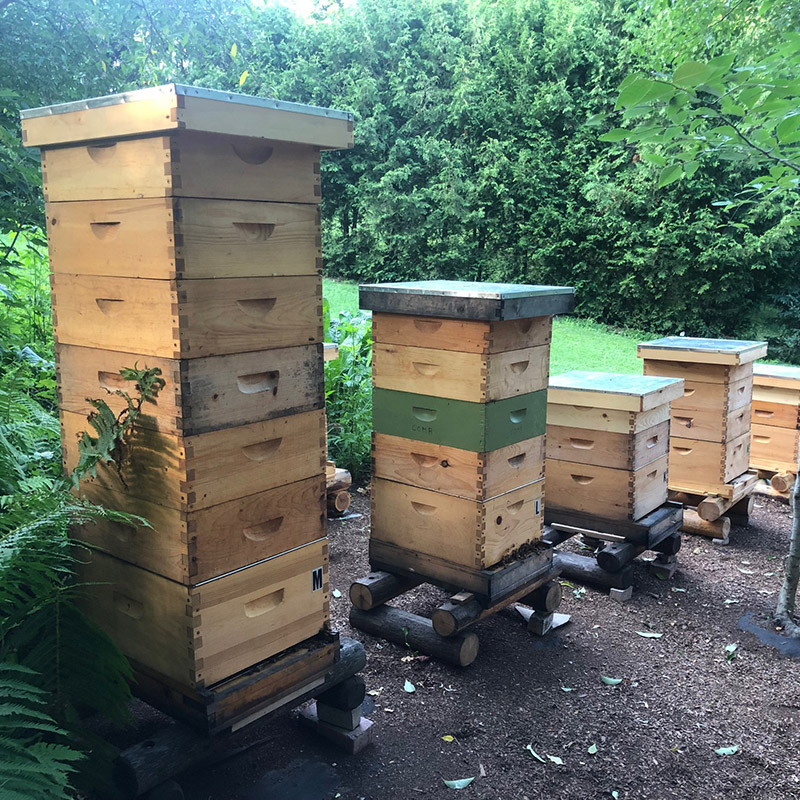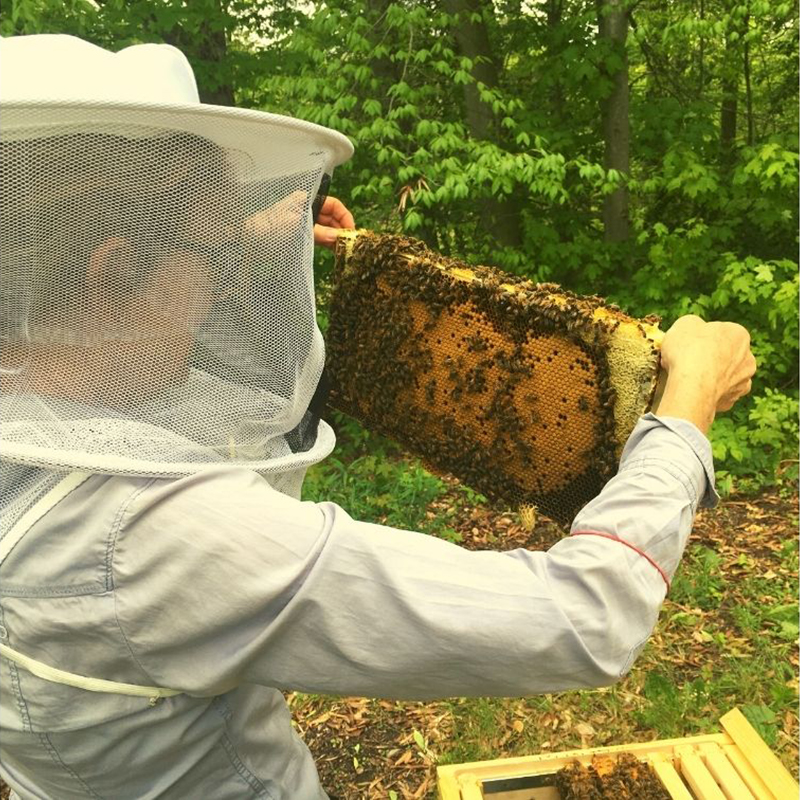Apiary Visits
Our Apiary is available to be visited by school groups, youth groups, educational tours, and more. Please contact us to book your visit.
Exploration of Our Apiary
What you will learn and see when you visit our apiary:
- Why bees are important for our environment?
30% of crops and 90% of plants require cross pollination.
Bees are:- Pollinators for agriculture
- Pollinators for wild plants, trees, flowers, helping forests to grow
- Create food for us
- Create homes for other animals, insects, and other species.
- How does a bee colony work?
- The seasons of a bee colony.
- Development of a bee worker/drone/queen.
- What is honey?
- How is it made?
- What is it made from?
- Why do bees produce it?
- Beeswax and propolis
- Construction of a typical beehive.
- How do we collect honey?
Interesting bee facts:
- Number of bees in a colony – 60,000
- Distance a bee can fly to collect pollen – 5km
- How many miles do bees travel to collect 1 lb of honey – 55,000
- How long does a worker bee live – 45 days
- How many eggs a queen bay lays every day – 1,500
- How much honey can one bee make during its lifetime – 1/12th of a teaspoon, 12 bees are required to make one teaspoon of honey.
Riverside Bee Yard is centrally located in New Hamburg, ON. A short, convenient drive from Kitchener, Waterloo, Cambridge, Stratford and surrounding areas.
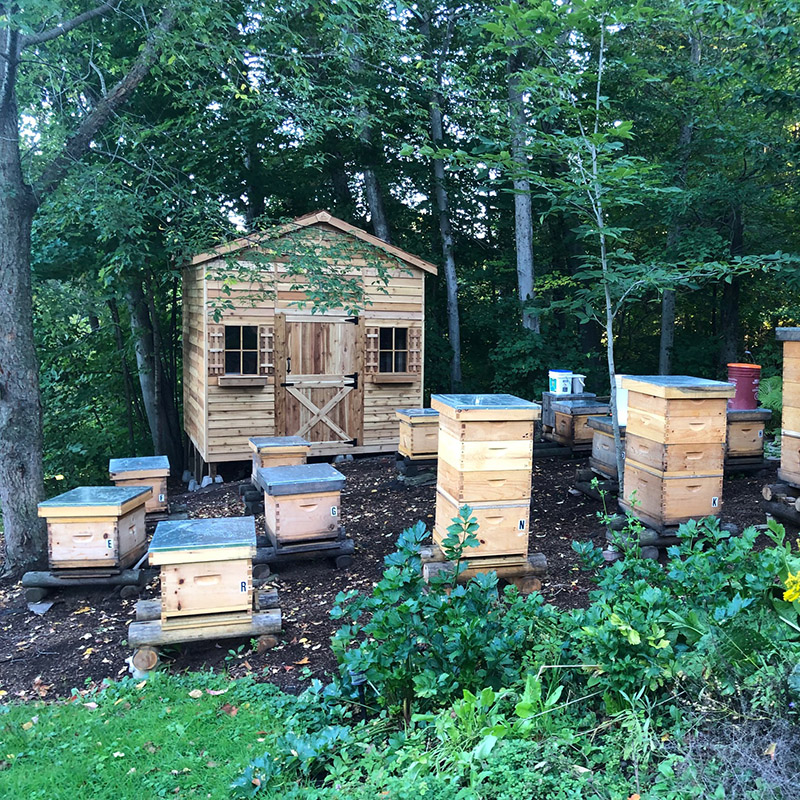
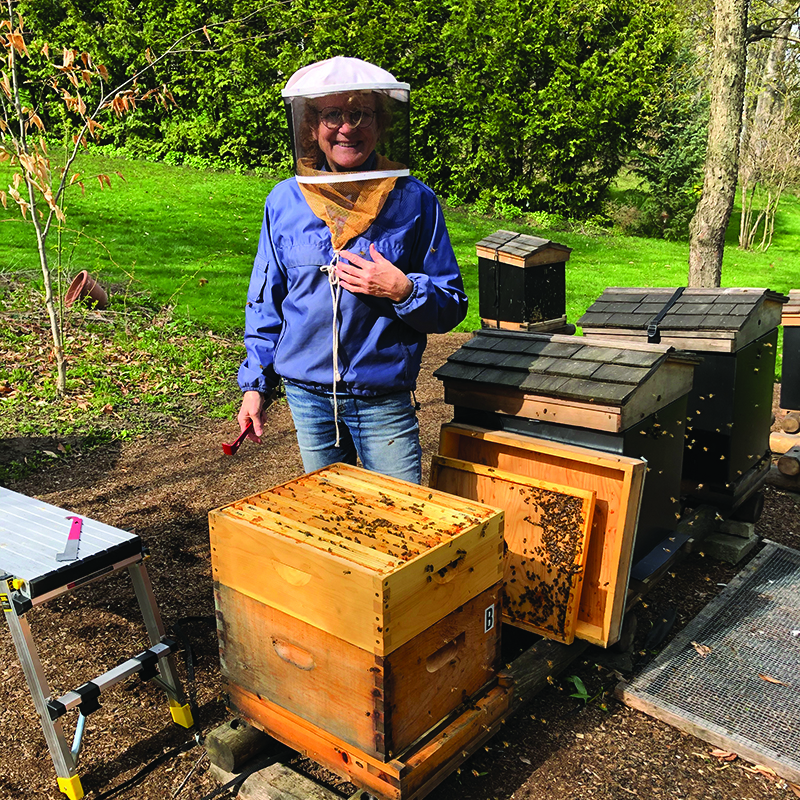
Meet Your Beekeepers
My wife Kasia and I are retired engineers who enjoy the nature and gardening. Our journey with bees is very exciting and equally challenging. By working with our bees, we can offer to many people this wonderful creation of bees – the honey. pure and unprocessed as stored in the beehive. Come to visit us and taste the honey!
